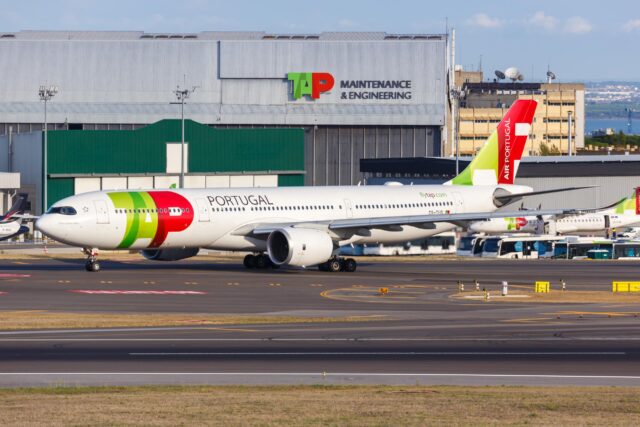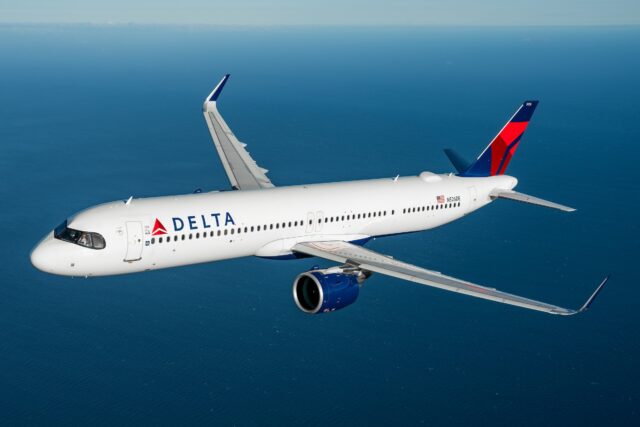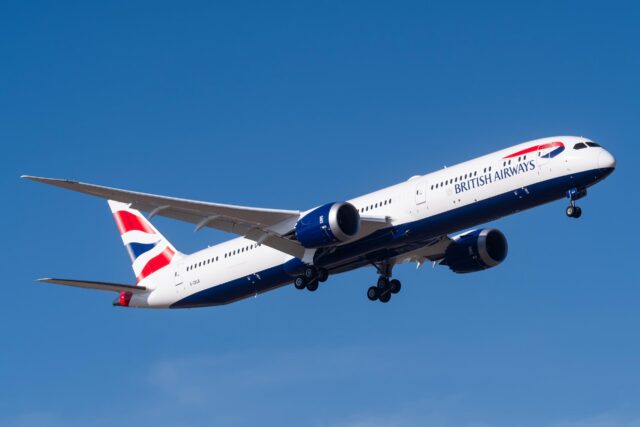FAA faces overhaul of pilot mental health policies after US vote

September 11, 2025

Members of the US House of Representatives have approved legislation that would compel the Federal Aviation Administration (FAA) to overhaul how it regulates pilot mental health, in a move described as a long-overdue step towards reducing stigma and improving access to care.
The Mental Health in Aviation Act directs the FAA to modernise its approach to mental health disclosures and treatments, addressing rules that critics say are “archaic”.
Improving mental health support for US pilots
Under the bill, the FAA would be required to remove barriers that currently discourage pilots from seeking professional support and to implement recommendations from the Mental Health and Aviation Medical Clearances Rulemaking Committee.
The legislation, which passed the House with bipartisan support, also authorises nearly $40 million in funding over the next three years to support awareness campaigns and destigmatise mental health care across the aviation sector.
Industry groups have long warned that existing FAA policies often prevent pilots from speaking openly about mental health challenges, out of concern that it could jeopardise their medical certification and, in turn, their careers.
Advocates argue that such reluctance creates risks both for flight crews and passengers.
Combatting stigma and misinformation
Among those welcoming the House vote was the National Business Aviation Association (NBAA).
“We are encouraged to see continued progress on this important legislation combating the stigma and misinformation surrounding mental health concerns among our nation’s pilot community,” said NBAA President and CEO Ed Bolen.
“It is vital that we foster an environment where pilots can seek help without fear of professional repercussions while also enhancing the safety of the travelling public.”

The NBAA has been an active participant in national discussions on aviation mental health, representing business aviation stakeholders on the FAA’s rulemaking committee.
The association also supported the grassroots Pilot Mental Health Campaign, which has pushed for legislative reform in how the industry addresses mental health issues.
The bill now advances to the US Senate, where it faces further debate before it can be enacted into law.
How much of a problem is pilot mental health?
On the other side of the Atlantic, a recent European study has shed light on the scale of mental health challenges faced by airline pilots, underscoring the risks highlighted in the aftermath of the Germanwings tragedy.
Conducted in late 2022 through an anonymous survey of 1,220 pilots in France, the research found that more than one in four reported symptoms of anxiety, with 14.4% suspected of having an anxiety disorder and 11% showing confirmed cases.

Depressive symptoms were identified in 13.1% of respondents, including 4.2% with confirmed depressive disorders.
The findings also pointed to patterns of alcohol use, with 40.1% of those surveyed demonstrating signs of misuse.
The authors say their work marks the first study of its kind focused on European pilots and emphasise the need for targeted prevention measures, closer monitoring of at-risk groups, and future longitudinal research to build a deeper understanding of psychological well-being in the profession.
Dealing with mental health issues in the UK
In the UK, commercial pilots who disclose a mental health condition usually face an immediate, temporary suspension of their medical certification by the Civil Aviation Authority (CAA).
A return to flying duties is only possible once treatment has been completed and recovery confirmed, but strict limits remain in place.
Only a narrow list of medications is approved, and those cleared to fly again are typically monitored closely, often with requirements such as operating only alongside another pilot.
CAA data obtained by the Financial Times showed that between April 2022 and March 2024, roughly 48,000 Class 1 medical assessments – mandatory for airline pilots – were carried out.
Of these, around 700 involved a mental health disclosure or diagnosis. In every one of those cases, the pilot’s medical clearance was suspended, at least temporarily.
















